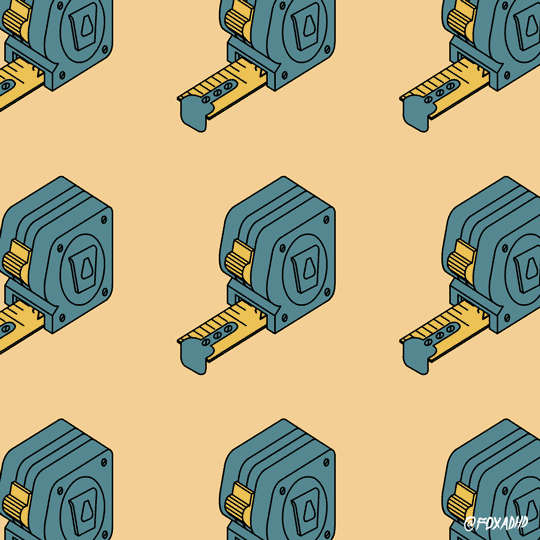Yesterday I found a very interesting and useful post about our best friend among our legs! For my French friends: unfortunately only in English!
Hier, j'ai trouvé un billet très intéressant et utile sur notre meilleur ami parmi nos jambes! Pour mes amis français: malheureusement seulement en anglais!
1. The penis is actually a pretty good predictor of your overall health.

Everything from your heart and weight to your stress and testosterone levels can affect your penis and how it works. "It's the dipstick of the body's health," Dr. Harry Fisch, clinical professor of urology and reproductive medicine at New York Presbyterian Hospital and author of The New Naked, tells BuzzFeed Life.
So if something isn't right with your genitals, it's a good idea to check with your doctor to make sure it's not a symptom of something else. And on the flip side, if you're not taking good care of your overall health, your penis may not work as well. We'll get into some specific examples in a bit.
2. Sperm has a biological clock, too.
![Sure, it's possible for men to father a child well into their seventies, but it's not common. 'Men can make sperm throughout their lifetime, but there is no question that the quality of sperm and the sperm count decreases [with age],' Dr. Darius Paduch, associate professor of urology and reproductive medicine at Weill Cornell Medical College, tells BuzzFeed Life. Most studies show a decline around age 50-55, but you can see damage to your sperm as early as your late thirties. Research also shows that kids born to older dads have an increased risk of schizophrenia and autism, he says.](https://img.buzzfeed.com/buzzfeed-static/static/2015-09/30/12/enhanced/webdr03/enhanced-12596-1443629334-5.jpg)
Sure, it's possible for men to father a child well into their seventies, but it's not common. "Men can make sperm throughout their lifetime, but there is no question that the quality of sperm and the sperm count decreases [with age]," Dr. Darius Paduch, associate professor of urology and reproductive medicine at Weill Cornell Medical College, tells BuzzFeed Life.
Most studies show a decline around age 50-55, but you can see damage to your sperm as early as your late thirties. Research also shows that kids born to older dads have an increased risk of schizophrenia and autism, he says.
3. Premature ejaculation is super common. Really.

This is defined in most studies as ejaculating within one to two minutes of penetration and feeling distressed or anxious about it. Statistics on how common it is vary from study to study, but it's generally thought to affect about 10-30% of men at some point in their lives, says Paduch. It can be lifelong (happening every time you have sex) or acquired (a new thing), but if it's bothering you, talk to your doctor about it. They can suggest different techniques like using condoms or creams, taking certain medications, or even just masturbating before you have sex with a partner.
4. Your belly size can affect your boners and fertility.

"The bigger the belly, the lower the testosterone levels," says Fisch. That's because testosterone is broken down into estrogen in fat cells around the body, a process called cell aromatization. And this breakdown happens much quicker in belly fat, says Fisch. But it's also possible that belly size is related to other medical issues that affect testosterone — like diabetes or high blood pressure — which could also affect sex drive and fertility.
5. Your testicle size is pretty important, too.

Maksym Surovtsev / Getty Images / Via thinkstockphotos.com
Generally, your testicles should be around the same size and each about the size of a walnut, says Fisch. If you notice that one is much bigger than the other and hanging lower, that could be a sign of a varicocele (an engorgement of the vein in the testicle). See your doctor about that ASAP, because it might be affecting your sperm, says Fisch. And if your testicles are smaller than a walnut, that could also be a sign that you're not producing as much sperm or testosterone, so it's worth checking in with a urologist.
6. Penis size varies A LOT, and it has nothing to do with how great you are at sex.
gifnews.tumblr.com
The length and girth of your penis are just aesthetic measurements and say absolutely nothing about your worth, your sex drive, or your ability to satisfy a partner. And despite what you may have seen in porn, the average penis length is actually 5.17 inches when erect and 3.61 inches when flaccid, according to a recent study in the journal BJU International. There's not much you can do to make your penis bigger, so try not to get too preoccupied with measurements. Sure, some people may have certain size preferences, but great sex and sexual compatibility are possible at every size.
7. Hot tubs are really bad for your balls.

Anders Adermark / Via Flickr: cmbellman
"It's like dunking your testicles like teabags in hot water," says Fisch. (Got that image?) And when your balls get too hot, it can halt sperm production, so steer clear of jacuzzis if you're trying to have kids.
8. Ejaculating often may actually be good for you.

9. Erectile dysfunction can happen at any age. And it's definitely a good enough reason to see your doctor if it happens often.

In younger guys, it's often psychological — you're stressed, anxious, worried about STIs, or just not really into it. Or your erection could be MIA for a whole host of other reasons, like if you've been drinking, not sleeping well, or you're freaking out about your relationship. But if your penis is consistently not working, you shouldn't just ignore it or pop a Viagra, you should talk to your doctor, says Paduch. It may be a sign of an underlying health issue like diabetes, high blood pressure, or low testosterone.
10. Taking steroids can wreck your testosterone levels and shrink your balls.
11. Not getting enough sleep can mess with your erections.
"If you're sleep deprived, you'll notice you lose your morning erection and your sex drive reduces dramatically," says Paduch. So it's 100% OK and legitimate to be too tired for sex.
12. Smoking and drinking are really bad for your penis.
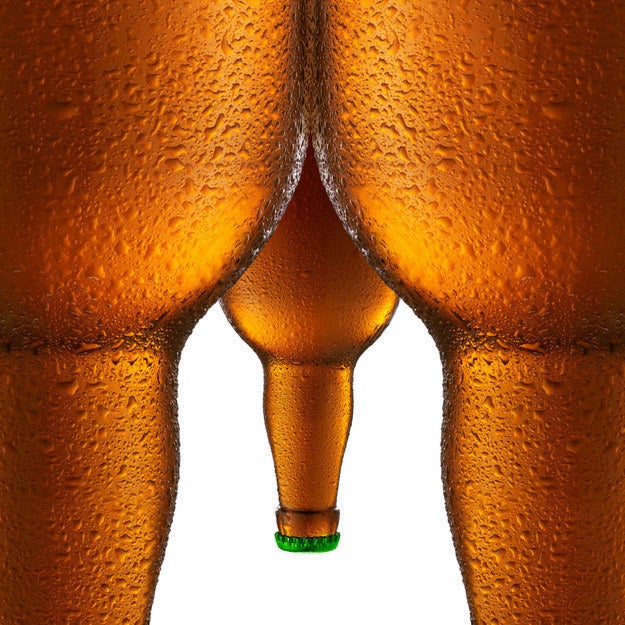
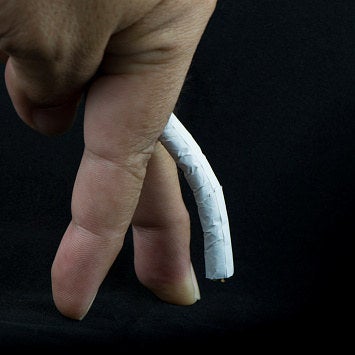
Smoking can damage the lining of your blood vessels (including those that bring blood flow to the penis), impact erections, and even damage sperm, says Paduch. And smoking marijuana isn't much better. Occasionally lighting up probably won't do much damage, but there's a proven association between smoking a lot of marijuana and developing gynecomastia (man boobs), since it's thought that the chemicals in weed can have an estrogen-like effect, says Paduch. That's clearly not great for sperm, so if you're smoking every day, that will take a toll on your fertility.
When it comes to drinking — a glass or two of wine can help you relax and boost blood flow, but much more than that can make it near impossible to get and keep a boner. That's because alcohol acts as a depressant dulling your senses, including the ones in your penis. Here's more on how alcohol affects your sex life.
13. Just because you have a penis, that doesn't mean that you'll always be able to orgasm whenever you want.

Delayed ejaculation is a thing that exists, and you may have already experienced it. It's when you have no problem getting or keeping an erection with a partner, but then you can't orgasm, or it takes you forever, or you have to finish yourself off. In Paduch's research, about 50% of men reported experiencing it at least once in the past year.
It can be caused by lots of things — age, medications, alcohol, anxiety, or other health conditions. It's also possible that your masturbation or porn habits play a role, especially if you're used to getting off one specific way and then don't get that with a partner. Delayed ejaculation can be tricky to treat, but it's definitely worth bringing up to your doctor if it's happening all the time.
14. You should really wash your penis after sex.
This actually helps you avoid infection, since bacteria can grow faster when bodily fluids (from you or your partner) dry out on the skin, as BuzzFeed Life previously reported. Make sure you're cleaning your penis properly here.
15. A little preexisting penis curve is no big deal. But a new one that hurts might be.

It's perfectly normal to have a slight bend, especially if it's always been like that. But if you have a new curve to your penis and it hurts, it could be Peyronie's disease, a significant and painful bend that's caused by scarring in the penis, which usually happens as a result of some sort of trauma (we'll get to that in a second). If this sounds like you, see your doctor ASAP.
16. It is actually possible to fracture your penis, so be careful out there.
17. Know which STIs you need to get tested for — and how often.
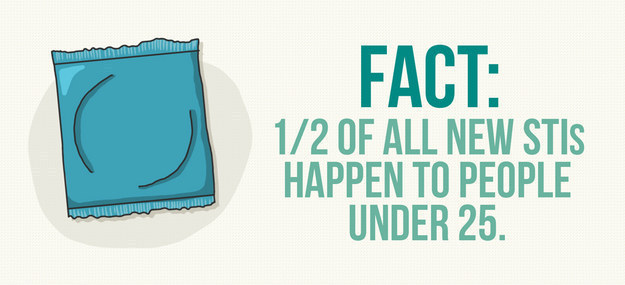
There are a lot of sexually transmitted infections (STIs) out there, and most of them can be totally symptomless. What you need to be tested for will depend on how many partners you have, what kind of genitals your partner has, and what you actually do when you have sex. For a detailed explanation of who should be tested for what, check out our guide to getting tested. But for starters, everyone should get an HIV test at least once, and usually more often than that. You should also ask to get tested for STIs any time you have symptoms, any time your partner tests positive for something, and any time you may have been exposed.
18. You should probably get the HPV shot if you haven't already.
19. And if you're at risk of HIV, talk to your doctor about pre-exposure prophylaxis (PrEP).
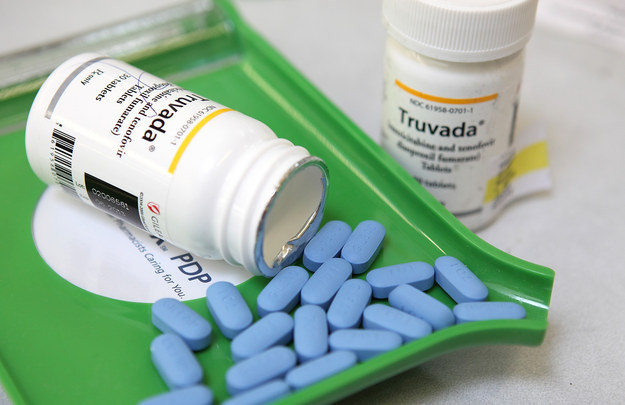
The once-a-day pill Truvada was approved by the FDA in 2012, and studies show that it reduces the likelihood of contracting HIV by at least 92% when taken every day. It's stronglyrecommended by health officials for anyone at a substantial risk of contracting HIV. But it doesn't protect against other STIs, so it's crucial to continue wearing condoms and getting tested regularly. If you're in a sexual relationship with someone who is HIV positive, if you're a man who has sex with men, or if you have unprotected sex that could put you at risk of HIV, talk to your doctor about it. You can find more information about PrEP here.
20. Make sure you're using condoms correctly every single time.

Some common mistakes include putting it on after you've started, not using lube (or using an oil-based lube that breaks down latex), not leaving some room at the tip, wearing the wrong size, or not taking it off right away. These are all violations of proper condom etiquette, and they can put you at risk for STIs and unplanned pregnancies. Learn the right way to put a condom on here.
21. Maybe don't pierce your penis.

In case you were considering piercing the head of your penis (a Prince Albert piercing), you should probably know that there are a lot of possible complications, like significant bleeding, chronic irritation, or even damage to the urethra — which could leave you peeing out of the new hole.
22. If you might ever want to have kids, you should get your sperm checked out in your thirties.
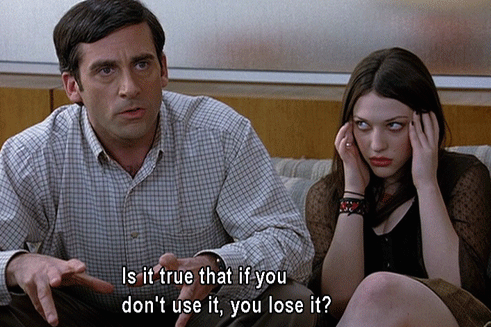
Infertility isn't just a woman's issue — it's a couples issue. In fact, in 40% of couples struggling with fertility, the male partner is either the sole cause or a contributing cause, according to the American Society for Reproductive Medicine. Paduch suggests getting a sperm analysis in your thirties if haven't had kids yet but might want to in the future. This way you can see if there is already any damage to your sperm and you can talk to your doctor about lifestyle and medical factors that may affect your fertility.
23. Remember to check your genitals for any new lumps, bumps, or changes.

It's not up to your partner or doctor or anyone else really to keep tabs on your penis — that's mostly on you. So regularly check out your penis, testicles, and groin for any unusual spots, lesions, growths, or discolorations, says Paduch. If anything seems off, bring it up with your doctor. It's probably nothing, but it could also be something, so don't be too embarrassed to ask. This is your boner, your balls, and your babymakers we're talking about. Don't leave them hanging.





